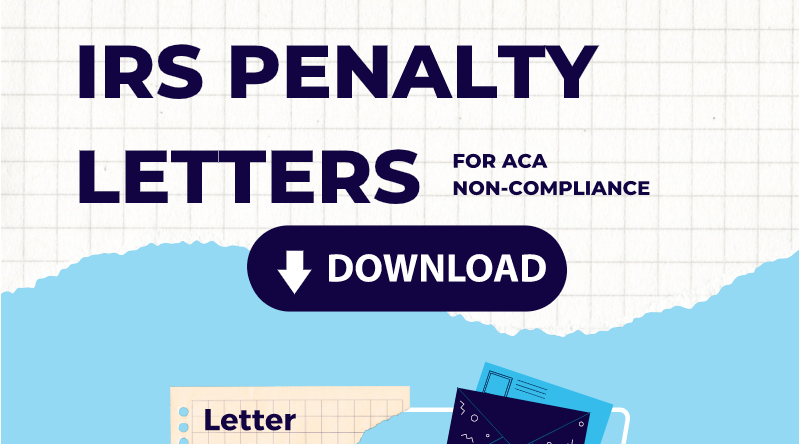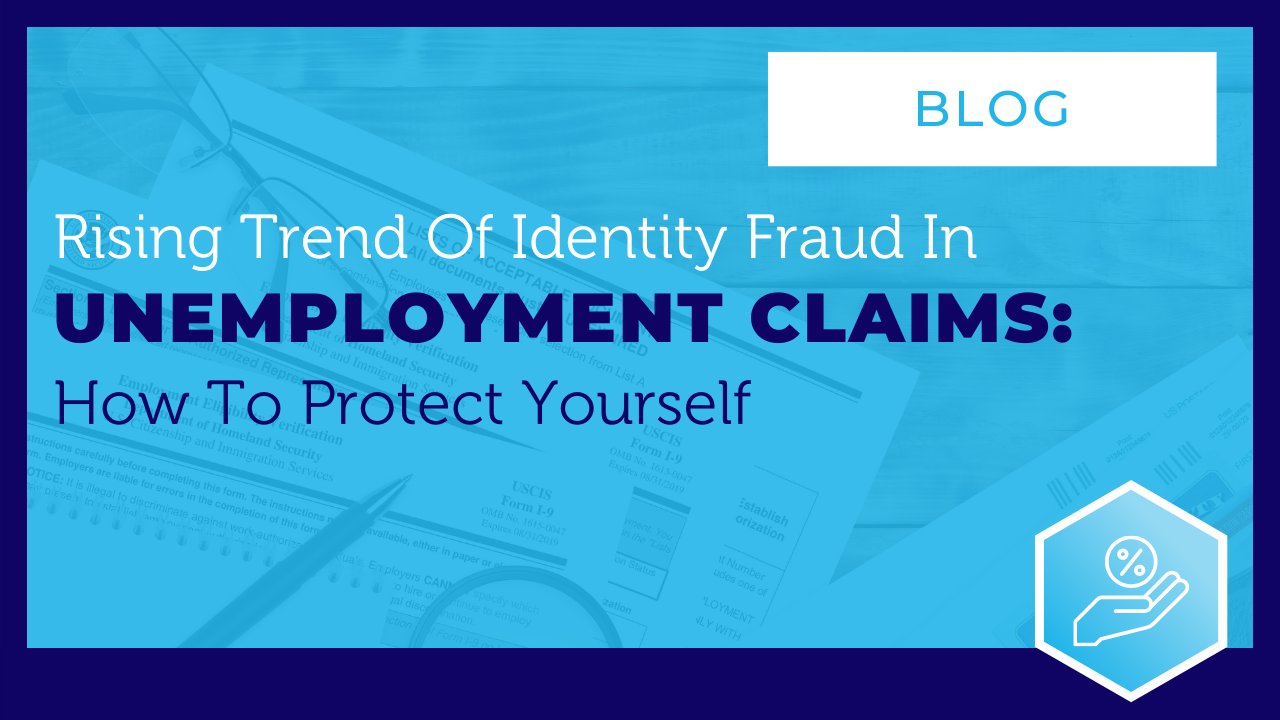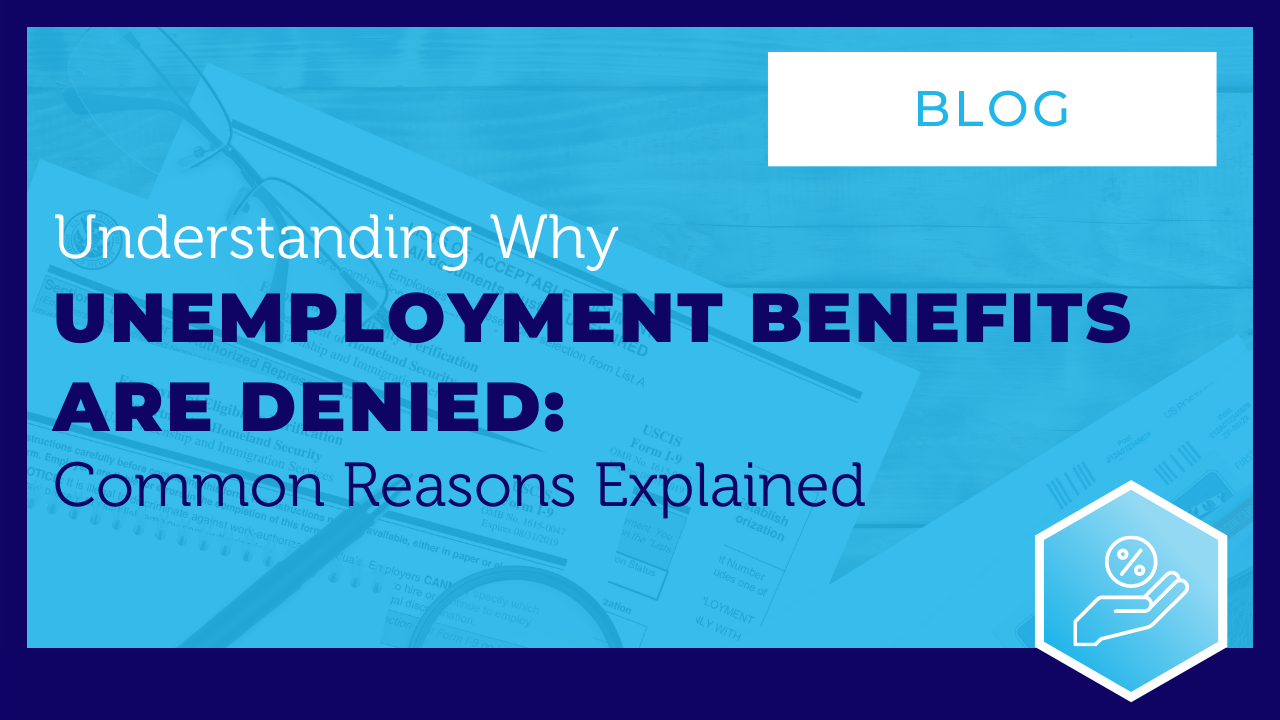How to Respond to IRS Letter 226J
Lindsay Morton • 30 March 2023
Did you receive a 226J IRS letter? Are you asking yourself why did I receive this? How do I respond? It is important to understand why your received the letter and how to properly respond to the letter.

What is a letter 226-J Letter?
A Letter 226-J is the initial letter issued to Applicable Large Employers (ALEs) to notify them that they may be liable for an Employer Shared Responsibility Payment (ESRP). The determination of whether an ALE may be liable for an ESRP and the amount of the proposed ESRP in Letter 226-J are based on information from Forms 1094-C and 1095-C filed by the ALE and the individual income tax returns filed by the ALEs employees.

The occurrence of Unemployment Identity Fraud is increasing rapidly . This type of fraud involves the use of someone else’s personal information by criminals to unlawfully receive unemployment benefits. This fraudulent activity is often referred to as “Claim Hijacking” or “Claim/Account Takeover,” where the fraudsters use stolen information to log into the victim’s unemployment account and steal their rightful benefits. Individuals who are victims of unemployment identity fraud may only become aware of the situation when they receive unexpected mail, such as a notice from a state unemployment agency or a state-issued 1099-G tax form, which reports unemployment benefits that they never requested or received. In some cases, those who have filed for unemployment benefits may realize that they have fallen victim to “Claim Hijacking” or “Claim/Account Takeover” when they suddenly stop receiving their payments, and they notice that the bank account or address information on their unemployment claim has been altered without their consent.

What is unemployment insurance? Unemployment insurance provides financial assistance to individuals who lose their jobs through no fault of their own. In accordance with federal guidelines, every state offers unemployment insurance benefits to eligible individuals. However, not all unemployed individuals qualify for these benefits. It is the responsibility of the employer to inform the state whether or not an unemployment insurance claim is warranted. What qualifies a terminated employee to receive unemployment insurance? Employers pay into the federal and state unemployment insurance funds, which are used to provide financial support to eligible individuals requesting the unemployment insurance benefit. Eligibility for UI benefits can be established in several ways, such as in cases of company reorganization, job redundancy, or seasonal or temporary employment contracts ending. If an employer reduces an employee's hours or a temporary layoff is caused by a natural disaster, the employee may also qualify for UI benefits. What disqualifies terminated employee? Nonetheless, some individuals may not be eligible for unemployment insurance. For example, the length of an individual's employment with a company and their earnings during that time can disqualify them. Additionally, non-W2 employees, such as contractors or freelancers, are not eligible for UI benefits through the employers they have serviced. When an individual applies for UI benefits, the state agency reviews their application and may automatically deny benefits based on the individual's employment history, earnings, and type of employment. There are also cases where individuals may not qualify for UI benefits, such as voluntarily leaving their job or being terminated due to misconduct. In such cases, employers need to address state claims requests that they believe do not qualify for UI benefits. Employers must recognize that UI claims are not just "the cost of doing business." An employer's UI tax rate is the only tax rate that can be controlled by responding to state claims. Over time, the payout of UI claims to former employees can raise an employer's UI tax rate, which can affect the businesses bottom line. Thus, effective claims management is critical. A team of UI claims management specialists can help employers stay compliant with state nuances, protect their bottom line, and focus on their present employees.
